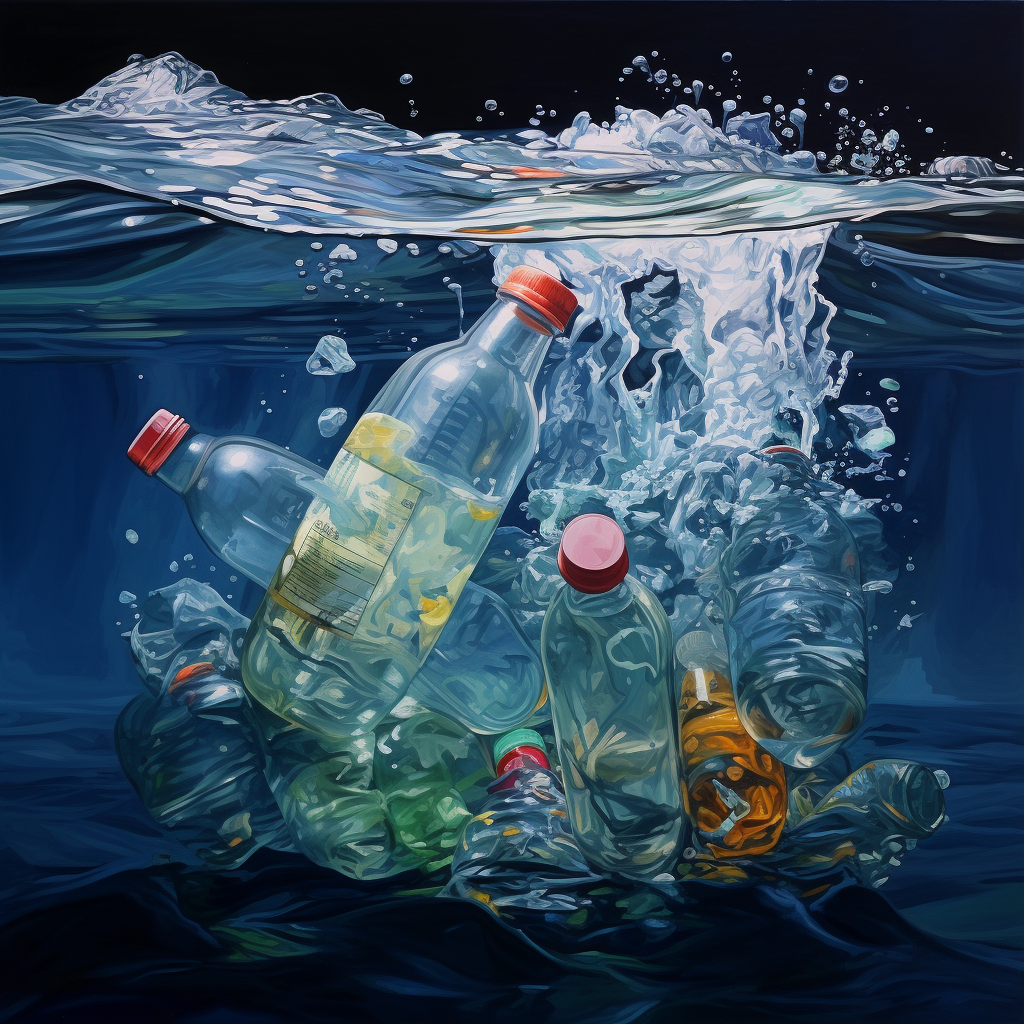Plastic bottles are one of the most common items found in landfills and water bodies. They contribute significantly to the pollution of the environment and pose a threat to the ecosystem. The production, use, and disposal of plastic bottles have adverse effects on the environment and human health. In this blog, we will explore the issue of plastic bottle pollution and how using a water filter can help protect the environment.
The Problem with Plastic Bottles
Plastic bottles are made from petroleum, a non-renewable resource. The process of manufacturing plastic bottles requires the use of energy and water, which contribute to carbon emissions and water scarcity. Moreover, plastic bottles are not biodegradable, which means they do not decompose naturally. Instead, they break down into smaller pieces, known as microplastics, that can persist in the environment for hundreds of years. These microplastics can end up in the food chain, as they are ingested by animals, and eventually by humans.
Plastic bottles also have a significant impact on marine life. According to a report by the United Nations, there are over 8 million tons of plastic in the ocean, and plastic bottles are among the most common items found on beaches and in the stomachs of marine animals. These plastics can cause physical harm and death to marine life by entangling and choking them. Additionally, chemicals from plastic bottles can leach into the water, affecting the quality of water and harming aquatic life.
The Solution: WaterFirst- Lamon Water Filters
One of the most effective ways to reduce plastic bottle pollution is by using a water filter. Water filters are devices that remove impurities and contaminants from water, making it safe for drinking. There are various types of water filters, including activated carbon filters, reverse osmosis filters, and ceramic filters.
Using a water filter has several benefits for the environment. First, it reduces the demand for plastic bottles, which means fewer plastic bottles end up in landfills and water bodies. Second, it reduces the carbon emissions and water use associated with the production and transportation of plastic bottles. Third, it eliminates the need for plastic bottles to be transported, which reduces the amount of fuel needed and the carbon emissions associated with transportation.
Moreover, using a water filter has several benefits for human health. It removes harmful contaminants from drinking water, such as lead, chlorine, and bacteria, which can cause illness and disease. By using a water filter, you can ensure that the water you drink is safe and healthy.




Leave a comment
This site is protected by hCaptcha and the hCaptcha Privacy Policy and Terms of Service apply.